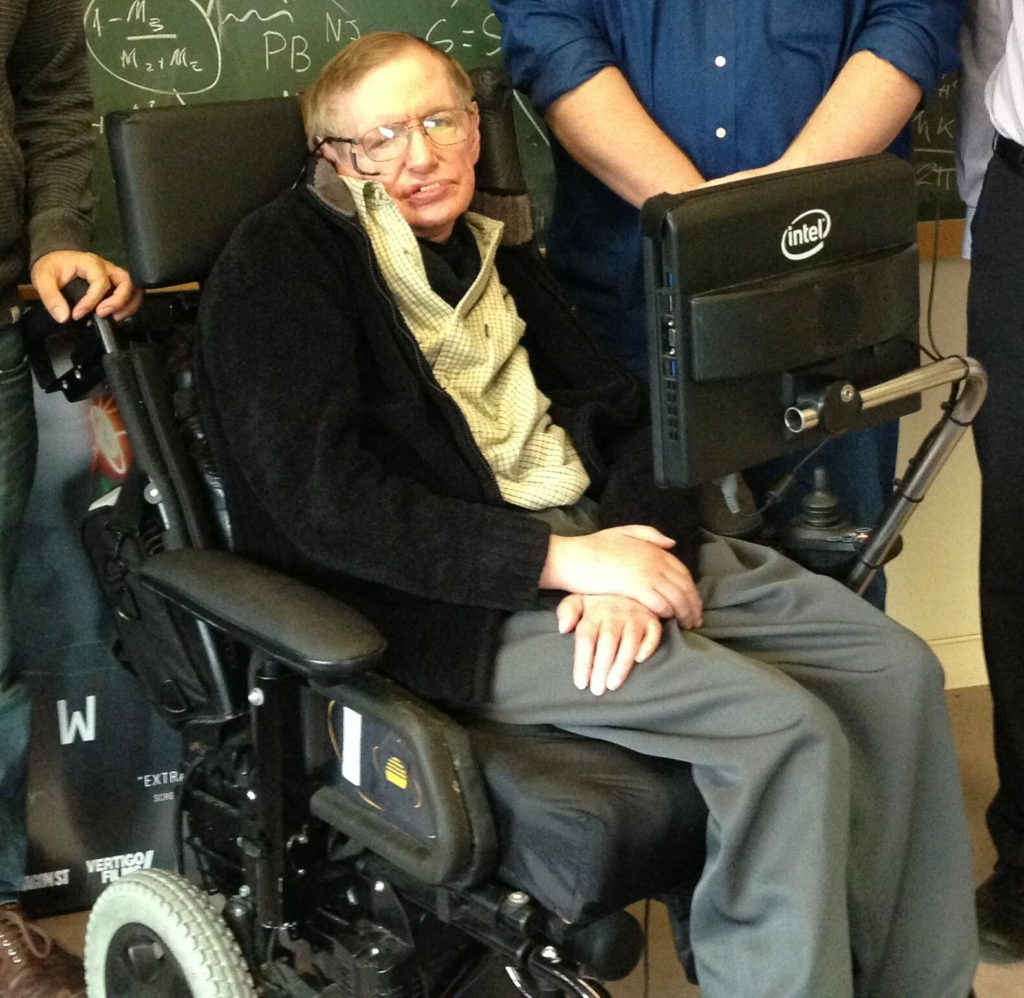Although Stephen Hawking is renowned for his ability to solve intricate cosmological and theoretical physics puzzles, he offered the “simplest explanation” for the existence of God.
You might understand where this is headed given the conflict that frequently arises between science and religion.
But as one of the most well-known and respected scientists in the world, Hawking made the decision to examine the two often diametrically opposed sides and contrast them according to their respective “laws.”
Hawking was a world-renowned theoretical physicist, cosmologist, and author who died in 2018 at the age of 76. He wrote a book titled The Theory of Everything: The Origin and Fate of the Universe (2002) and was best known for his contributions to the fields of general relativity and quantum gravity.
In his last book, Brief Answers to the Big Questions, Hawking wrote about his disability and the relationship between religion and God: “It was thought for centuries that people with disabilities like me were cursed by God.”

He continued, “Well, I suppose it’s possible that I’ve upset someone up there, but I prefer to think that everything can be explained another way, by the laws of nature.”
“If you believe in science, like I do, you believe that there are certain laws that are always obeyed. If you like, you can say the laws are the work of God, but that is more a definition of God than a proof of his existence.”
Hawking continued by discussing his thoughts on the existence of God and afterlife.
He voiced, “We are each free to believe what we want and it’s my view that the simplest explanation is there is no God.”
“No one created the universe and no one directs our fate. This leads me to a profound realization, there’s probably no Heaven and no afterlife, either. We have this one life to appreciate the grand design of the universe and for that I am extremely grateful.”
And in an interview with The Guardian, he expressed a similar opinion.
He said, “I regard the brain as a computer which will stop working when its components fail.”
“There is no heaven or afterlife for broken down computers; that is a fairy story for people afraid of the dark.”
That is not to imply, however, that Hawking, who was just 21 years old when he was diagnosed with the motor neurone illness Amyotrophic Lateral Sclerosis (ALS) in 1963, did not find comfort and purpose elsewhere.
He said, as per the New York Times: “Remember to look up at the stars and not down at your feet. Try to make sense of what you see and wonder about what makes the universe exist.”
“Be curious. And however difficult life may seem, there is always something you can do and succeed at.”
Now Trending:
- Stephen Hawking Prediction About the End Of The World Is Nearer Than We Think
- Stephen Hawking’s Prophecy Of The End Of The World Is More Imminent Than We Realize
- Stephen Hawking Shared A Terrifying Last Message To Humanity Before He Died
Please SHARE this article with Family and Friends and let us know what you think in comments!


